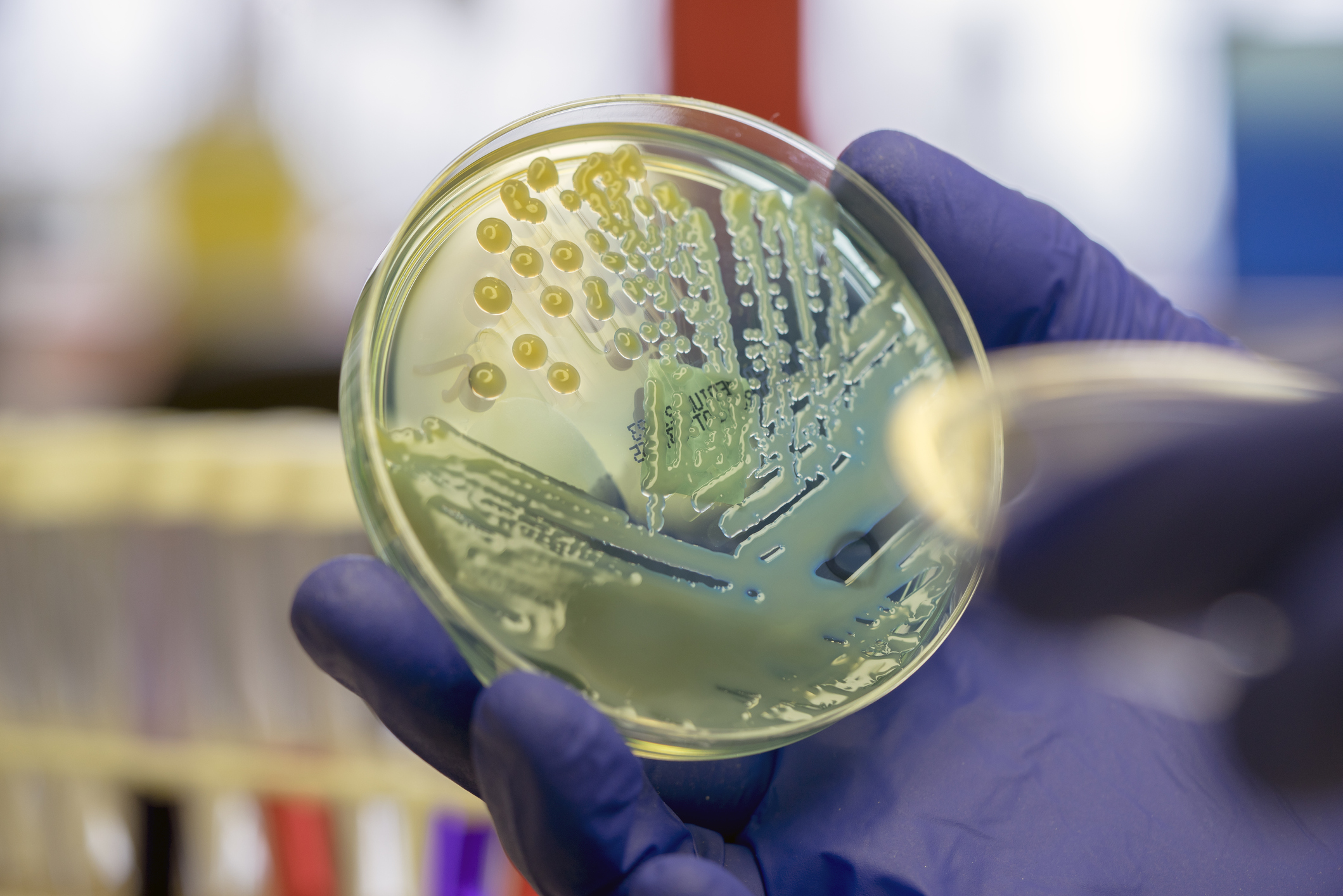'Superbugs' caused by climate change are becoming a greater threat to humanity, report finds


A free daily email with the biggest news stories of the day – and the best features from TheWeek.com
You are now subscribed
Your newsletter sign-up was successful
A new report from the UN Environment Programme (UNEP) has identified antimicrobial resistance (AMR) and the rise of "superbugs" as major threats to humanity.
"The development and spread of AMR means that antimicrobials used to prevent and treat infections in humans, animals and plants might turn ineffective, with modern medicine no longer able to treat even mild infections," the UNEP explained in a news release.
"[H]igher temperatures and extreme weather patterns, land-use changes that alter its microbial diversity, as well as biological and chemical pollution" — all of which comprise the "triple planetary crisis" — contribute to the "development and spread" of AMR, which is predicted to cause "10 million additional direct deaths by 2050," the UNEP said in the report.
The Week
Escape your echo chamber. Get the facts behind the news, plus analysis from multiple perspectives.

Sign up for The Week's Free Newsletters
From our morning news briefing to a weekly Good News Newsletter, get the best of The Week delivered directly to your inbox.
From our morning news briefing to a weekly Good News Newsletter, get the best of The Week delivered directly to your inbox.
Climate change, specifically warming temperatures, has been proven to make AMR worse because it causes microbes to grow and spread faster, thereby hastening the spread of resistant genes. The genes themselves are becoming more prevalent because of the widespread use of antimicrobial products like disinfectants and antibiotics, which are finding their way into waterways and soil and interacting with microbes. The germs that survive those interactions then end up multiplying and creating stronger strains.
"Climate change, pollution, changes in our weather patterns, more rainfall, more closely packed, dense cities and urban areas – all of this facilitates the spread of antibiotic resistance," Dr. Scott Roberts, an infectious diseases specialist at Yale School of Medicine, told CNN.
AMR is also expected to disrupt the global economy, causing annual GDP to drop by at least $3.4 trillion by the end of the decade, per the UN. "The impacts of anti-microbial resistance could destroy our health and food systems," warned UNEP Executive Director Inger Andersen.
Barbados Prime Minister Mia Mottley, who is also chair of the One Health Global Leaders Group on AMR added: "We must remain focused on turning the tide in this crisis by raising awareness and by placing this matter of global importance on the agenda of the world's nations."
A free daily email with the biggest news stories of the day – and the best features from TheWeek.com
Devika Rao has worked as a staff writer at The Week since 2022, covering science, the environment, climate and business. She previously worked as a policy associate for a nonprofit organization advocating for environmental action from a business perspective.
